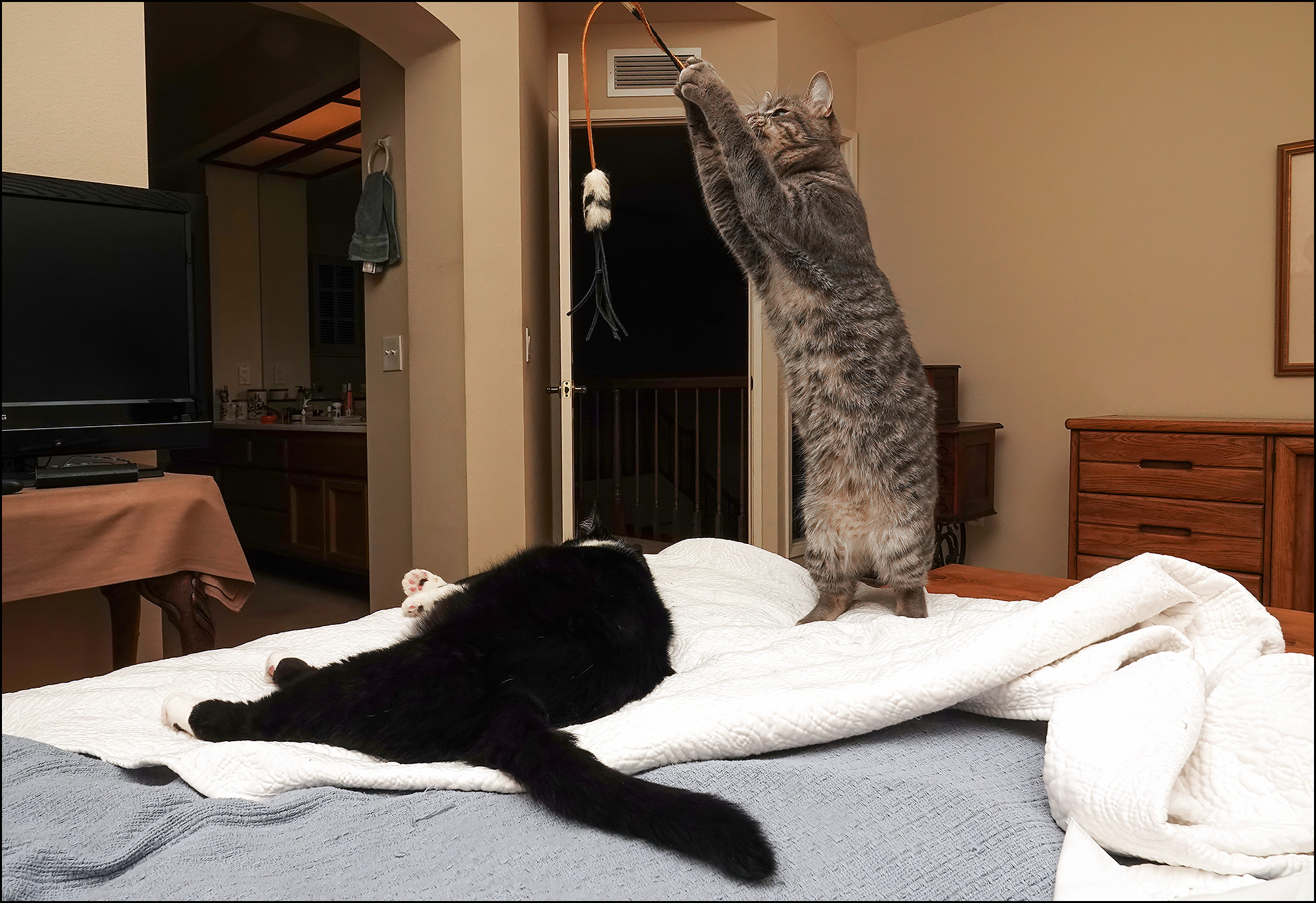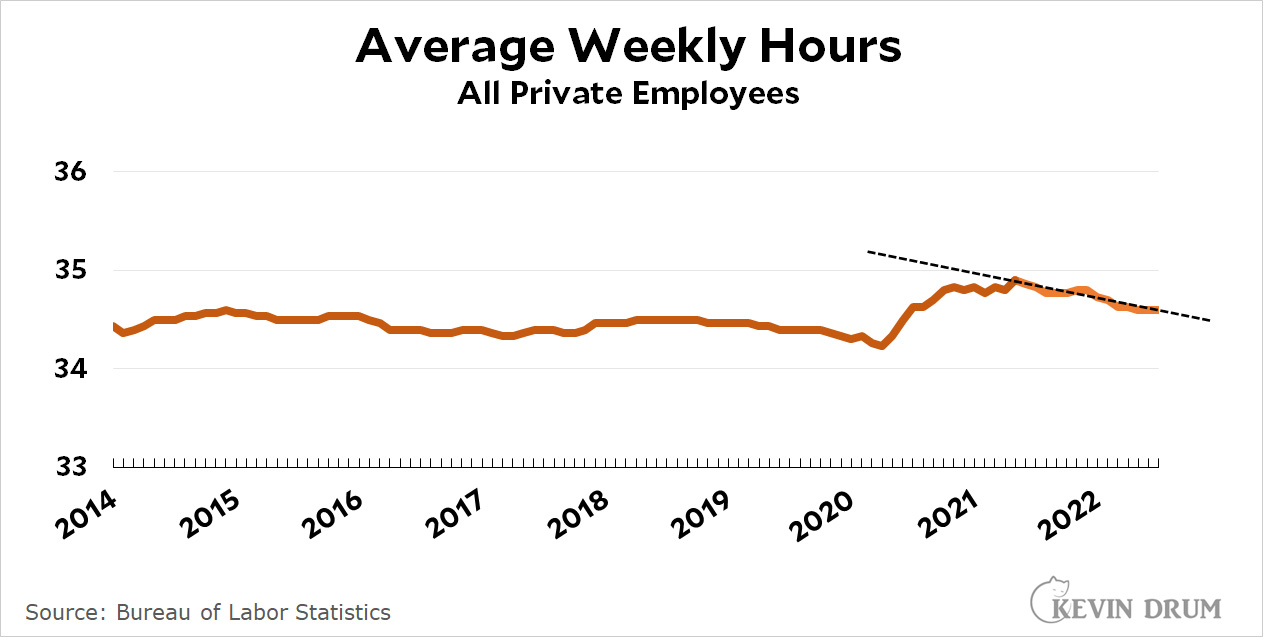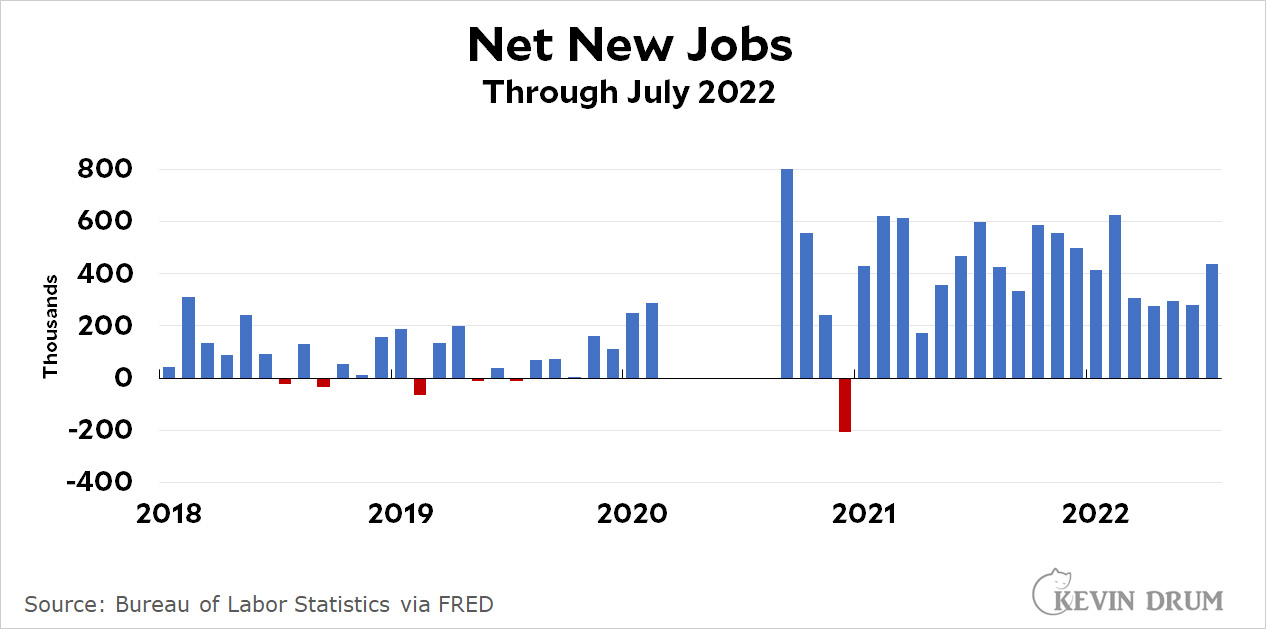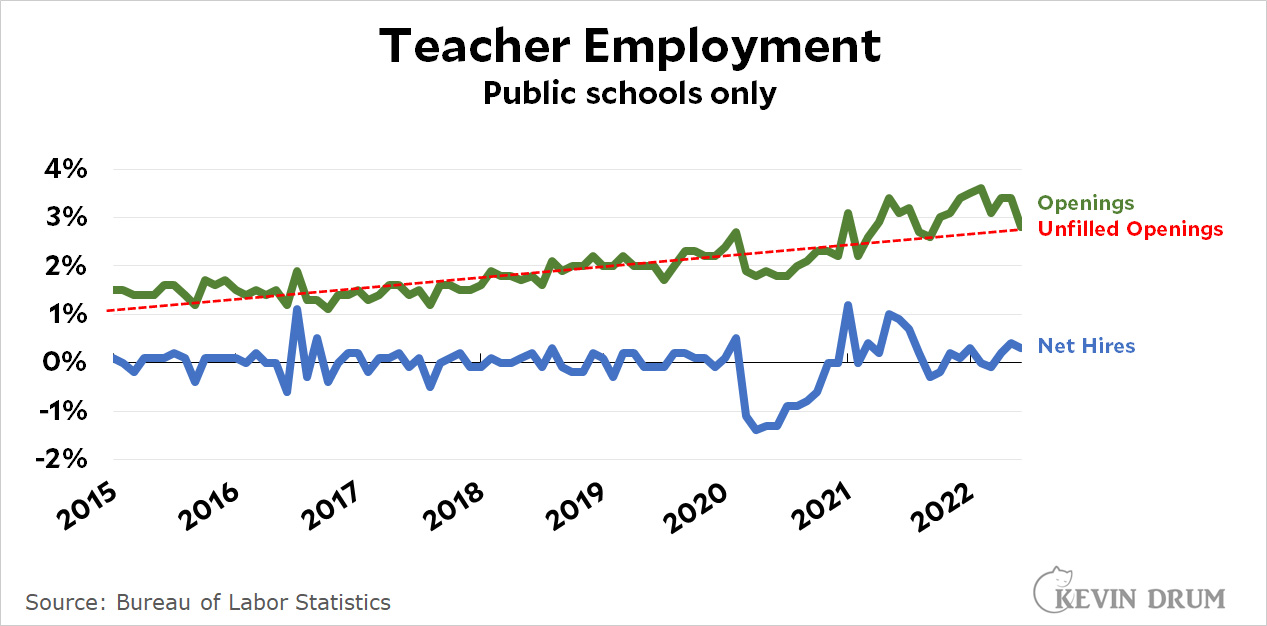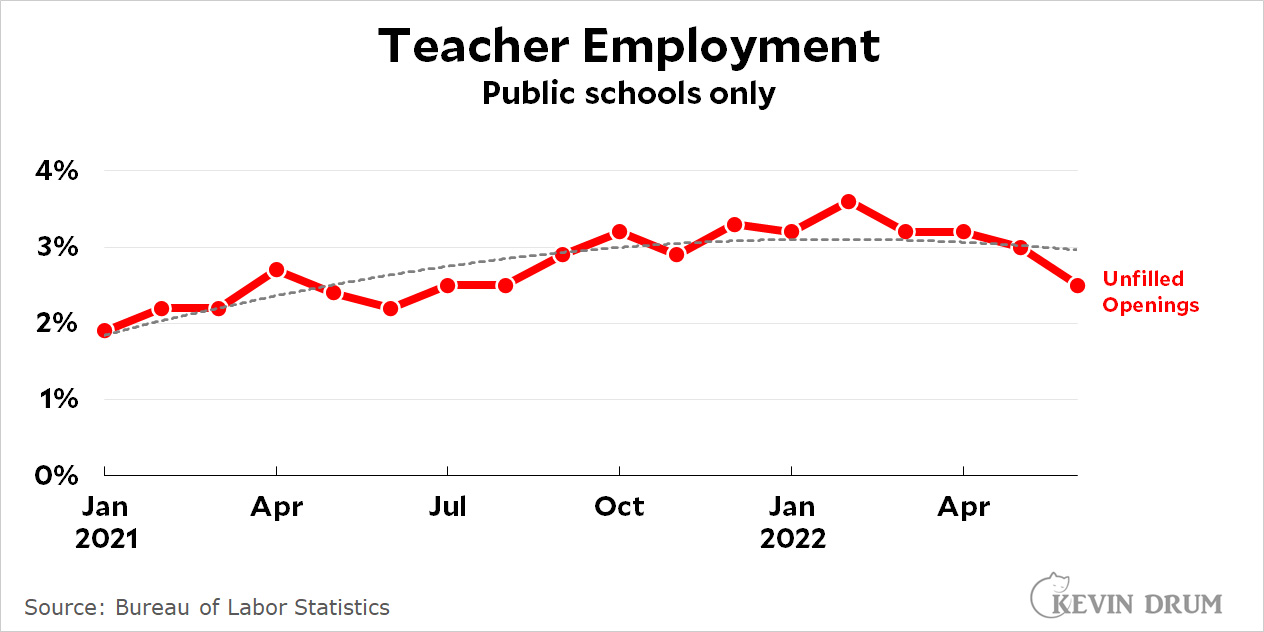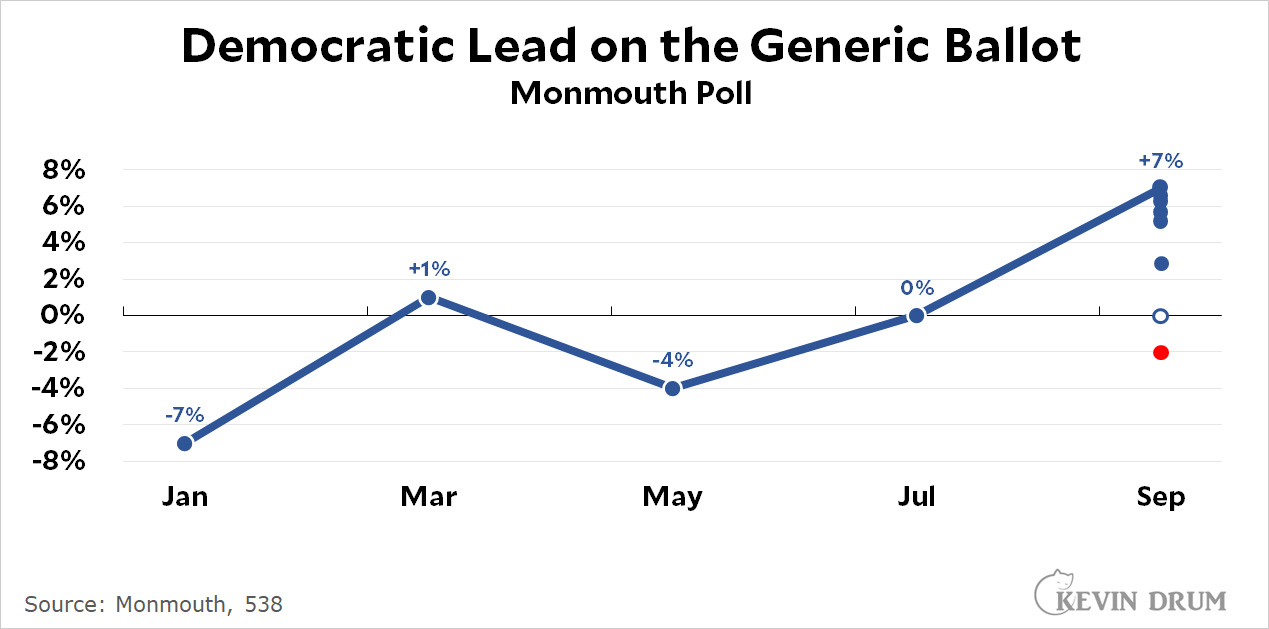I've long been intrigued by the fact that poor and non-poor people have such different relationships to noise. I'm not talking about Victorian silence or library shushing, just about normal life. Poor people tend to live loudly, throw parties, play music, and squabble with each other. Middle-class folks don't, and they don't want their neighbors doing it either. They really, really don't want to live in the middle of cacophony.
This is not just a sociological curiosity, either. Why is it that so many middle-class folks hate the idea of Section 8 vouchers being available for nearby apartments? Sure, some of it is racism, some of it is fear of drugs. But a large part of it is noise. Middle-class apartment dwellers are convinced that if poor people move in next door they're going to have to put up with nonstop yelling, whooping, partying, loud music playing, and so forth. Their lives will be ruined.
That's one side of the story, anyway, and it's one I empathize with since I'm a middle-class guy who prefers that my neighbors wind down their parties by midnight. But what does it look like from the other side? In the Atlantic this month, Xochitl Gonzalez talks about his freshman year on an Ivy League campus:
Within a few weeks, the comfort that I and many of my fellow minority students had felt during those early cacophonous days had been eroded, one chastisement at a time. The passive-aggressive signals to wind our gatherings down were replaced by point-blank requests to make less noise, have less fun, do our living somewhere else, even though these rooms belonged to us, too. A boisterous conversation would lead to a classmate knocking on the door with a “Please quiet down.” A laugh that went a bit too loud or long in a computer cluster would be met with an admonishment.
....I had taken the sounds of home for granted. My grandmother’s bellows from across the apartment, my friends screaming my name from the street below my window. The garbage trucks, the car alarms, the fireworks set off nowhere near the Fourth of July. The music. I had thought these were the sounds of poverty, of being trapped. I realized, in their absence, that they were the sounds of my identity, turned up to 11.
I imagine that if you were brought up in a noisy neighborhood, this feels natural. By contrast, a quiet, middle-class neighborhood seems a little creepy, as if you were living in a library. Where is everybody? What are they doing? Why is it so damn silent?
The folks raised in quiet families feel just the opposite, of course. How can I think with all this crap going on? It's maddening! Will everyone please just shut up? Gonzalez again:
I find many city noises nerve-racking and annoying: jackhammers doing street maintenance, the beeping of reversing trucks, cars honking for no good reason. Yet these noises account for a small minority of all noise complaints. Nearly 60 percent of recent grievances center on what I’d consider lifestyle choices: music and parties and people talking loudly. But one person’s loud is another person’s expression of joy. As my grandmother used to say, “I’m not yelling, this is just how I tawk!”
I'm not sure what to say about all this. Except for one thing: Don't constantly shush people around sleeping babies. Let them learn to sleep with a normal amount of noise surrounding them. They'll thank you when they grow up.
 For what it's worth, the average of GDI and GDP was positive in the first quarter, not negative. This means that, as far as NBER is concerned, we haven't had two consecutive quarters of negative growth. Depending on what gets reported for the second quarter, we might not have any quarters of negative growth.¹
For what it's worth, the average of GDI and GDP was positive in the first quarter, not negative. This means that, as far as NBER is concerned, we haven't had two consecutive quarters of negative growth. Depending on what gets reported for the second quarter, we might not have any quarters of negative growth.¹

